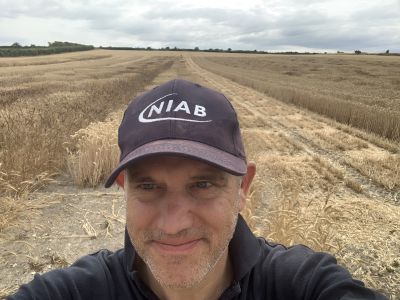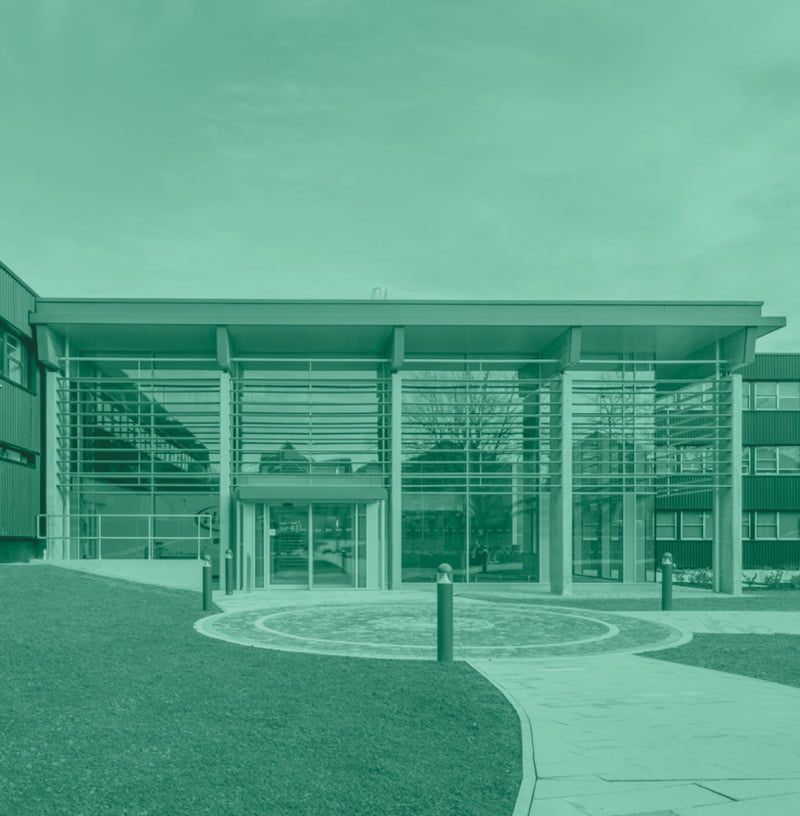Crop genetic resources
Our research group carries out the development and characterisation of existing and new crop genetic resources, drawing on NIAB’s experience in genetics, pre-breeding, field testing and tissue culture.
Much of this work centres around the capture of novel genetic diversity through wide crossing and its systematic interrogation through the development of derived ‘pre-breeding’ material in adapted genetic backgrounds. This is often used both in further research projects and, as parental lines, in more market-focused commercial breeding programmes.
Research areas
Diversity-enriched wheat
NIAB is at the forefront of driving increased wheat genetic diversity into the hands of breeders through our flagship wheat resynthesis programme, which captures novel genetic diversity from the ancestors of wheat and delivers it through pre-breeding lines. This work has contributed to the BBSRC multi-partner public-good wheat projects ‘WISP’ and ‘Designing Future Wheat’ and continues through involvement in their successor, ‘Delivering Sustainable Wheat’.
Another key project is our hosting of the International Wheat Yield Partnership (IWYP) European Winter Wheat Translational Hub, in which our group takes novel beneficial traits from IWYP discovery projects and transfers them, through repeated cycles of crossing and marker-assisted selection, into elite European winter wheat backgrounds for validation and uptake into competitive breeding programmes.
Orphan and novel crops
We seek to combine genetics and agronomy to rapidly improve those crop species with the most potential for sustainable productivity, especially as domestic protein sources. A primary target is faba bean, the most widely cultivated legume in the UK which is still regarded by many as an underinvested ‘orphan’ crop. Through improved breeding and agronomy, faba bean has great potential to displace much of the soya that is currently imported for use in animal feed and food production. We are also exploring the potential for more novel (to the UK) crops such as chickpea, lentil and even home-grown soybean to become viable UK cropping opportunities.
Tissue culture and micropropagation
We have established a High Plant Health facility for the propagation of elite soft fruit material through tissue culture. Similar approaches are now being applied to key stocks of other high value crops.
About the group leader
Since joining NIAB from the commercial sector in 2007, Phil has worked on breeding and pre-breeding projects including NIAB’s flagship wheat resynthesis programme, the multi-partner WISP, DFW and DSW wheat pre-breeding initiatives, and the development of wheat MAGIC populations.
Phil now also leads NIAB’s portfolio of pre-breeding work across a range of broad-acre arable crops, including cereals, legumes, potato, speciality oilseeds and others. This is often collaborative work with industry partners from breeding companies, end-users and other parts of the supply chain.
Phil’s input forms a significant part of NIAB’s work to raise the profile of domestic plant protein production through legume crops and other protein sources.
Other research groupsLed by

Phil Howell
Crop Genetic Resources group leader
Research group staff

Richard Horsnell
Senior Research Scientist
